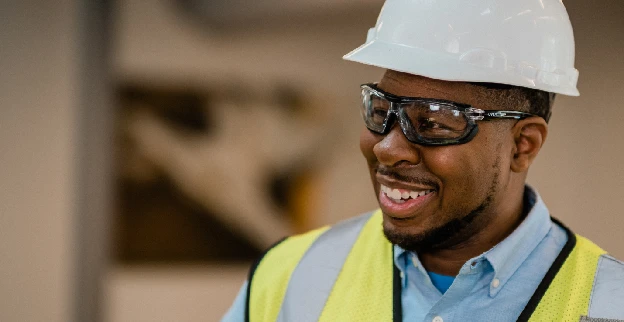Due to the health risks associated with mold exposure, it is best to have mold removal and remediation conducted by a certified remediation specialist. Proper mold removal does not consist of using over-the-counter products that claim to kill mold. Because remediation is invasive, it is best to leave mold remediation up the certified professionals who are trained in handling hazardous materials. Rainbow Restoration is the leading mold removal and remediation company in Chicago, Illinois.

Removal:
Mold is a living organism and can deeply ingrain itself into materials to survive. This is why mold must physically be removed from the structure. Attempts to cover up mold on the surface will lead to contamination issues down the road. Therefore, the EPA does not recommend that you use bleach as a means of mold removal.
Mold removal and remediation always begins and ends with meticulous HEPA vacuuming to capture mold spores from surfaces.
Stain removers are often used to eliminate or reduce mold staining. EPA registered antimicrobials are applied to all affected areas to prevent the mold from returning.
Final Inspection:
Following remediation, a thorough post completion inspection is conducted. We will arrange to have a post-clearance test performed by a third party. Clearance testing ensures that the spore count inside the structure has been reduced and has returned to safe levels for a fungal ecology within an indoor environment. Rainbow Restoration guarantees that we will pass a clearance test.
Health Risks of Mold
Mold can cause structural damage, but more importantly, it can cause serious health risks. Because of this, it is important that you look for the warning signs that mold may be present. Mold contamination has the potential to cause health issues among some individuals. Some of the reactions that can be triggered by mold are:
- Headaches
- Breathing difficulties
- A persistent cough or cold symptoms
- Burning or irritation of the eyes, nose, throat or lungs
- Asthma attacks
- Hypersensitivity pneumonitis
- Skin irritation
- Allergic reactions
- Opportunistic infections in immune-compromised individuals
Microbial growth, better known as mold, can grow anywhere as long as moisture, oxygen and organic material for it to feed on is present. Microscopic mold spores float around the air and begin to cluster and grow on surfaces when moisture is introduced to the environment.
There are over 1.5 million species of mold in the world, however, only about 100,000 have actually been identified. Mold can grow just about anywhere and they all grow as a result of moisture.
If you suspect mold or moisture issues in your building, do not ignore them as they will only get worse with time. Protect the health of the building occupants by contacting Rainbow Restoration to set up a mold inspection.
Residential and Commercial Services
From water damage restoration, fire damage restoration, mold removal, to specialty cleaning services, we have the expertise property owners can trust for complete restoration and cleaning after a disaster or emergency.
-
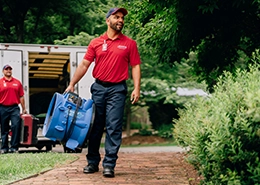
Water Damage Restoration
Restore properties after significant water damage from natural disasters or plumbing issues.Learn more Water Damage Restoration -
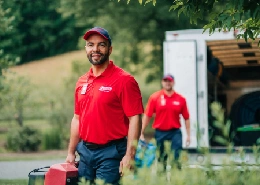
Smoke and Fire Damage Restoration
Remediation of structural fire damage, soot, and smoke stains to fully restore a property.Learn more Smoke and Fire Damage Restoration -
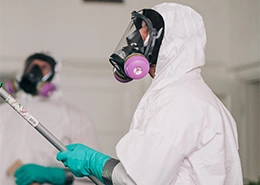
Mold Removal
Safeguard the health of occupants by eliminating potential health hazards and prevent further damage.Learn more Mold Removal -

Full-Service Reconstruction
Restore lives and rebuild properties after damaging events such as a fire, flood, or severe weather.Learn more Full-Service Reconstruction
Customer Reviews
View All Reviews
The Neighborly Done Right Promise® delivered by Rainbow Restoration®, a proud Neighborly company.
White Papers
-
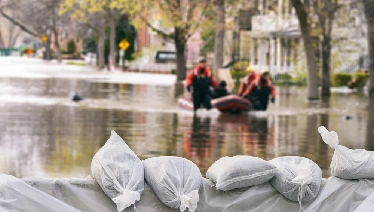
Disaster Restoration Response Time and Why it Matters
-
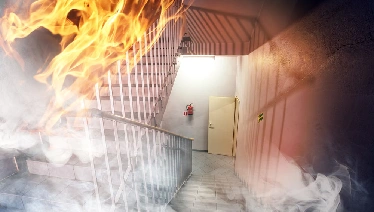
The Role of Emergency Preparedness Planning in Minimizing Business Disruptions
-
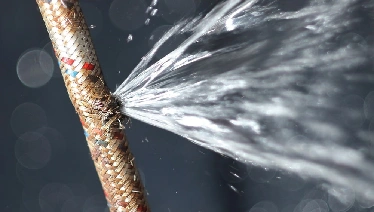
Protecting Your Home, Rental Property, or Business from Appliance-Related Floods
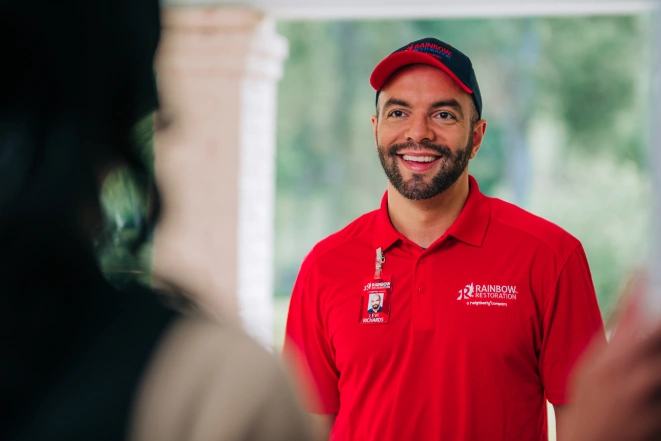
Join Our Team
Restoration begins now.® not only applies to disaster services for property owners – it also applies to you as a future team member!
